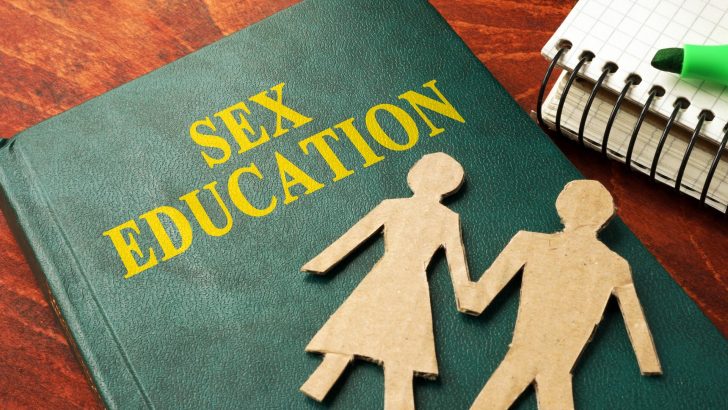In the wake of Minister for Health Stephen Donnelly announcing his intention to make contraceptives legal for 16-year-olds, although the legal age of consent in Ireland is 17, a member of a group that encourages young people to form healthy relationships in the Faith has said that young people “deserve better” than Government concession to the issue and that education must be offered to young people to “remind them of their dignity and understand their worth” in relationships.
Speaking to The Irish Catholic newspaper, Harry Fitzgerald, a member of Pure in Heart Ireland, said that the Government’s defeatist approach will lead to more damage and further affect the wider culture.
“They’re seeing it as something that’s an inevitability, really, rather than something that can be educated around or approached from a rational basis,” he said. “I think practising virtue and actually educating young people on better options is obviously the better way to go. We can see the damage that the contraceptive mentality is doing to our culture. Young people deserve better, to be honest.”
Speaking about the mission of Pure in Heart, which seeks to promote relationships that are dignity-centred, Mr Fitzgerald said that proper factual, science-based education is the only way to combat the harmful sexual attitudes that young people are increasingly being exposed to.
“In Pure in Heart we talk to young people from the age of 13/14 and up to Leaving Certificate age and then into college, to try and educate them into the fullness of knowledge of human relationships, to remind them of their dignity and help them understand their value and worth, what is okay and not okay and a sense of what will hurt them and how it will hurt them,” he said. “It’s a complicated road as we all know but education is key and the earlier that takes place, the better.
“Children are being sexualised at an earlier and earlier age all the time and we’re dealing with almost pre-pubescent children who are where people in college would have been 20 or 30 years ago in the sense of their sexual exposure and knowledge of things that is so clearly beyond their conception and ability to process at that age. So I think it’s never too young to have the conversation with your children but it’s also really important for schools to jump on this early enough, that’s science-based and not the gender theory that we see in SPHE now.”


 Brandon Scott
Brandon Scott
